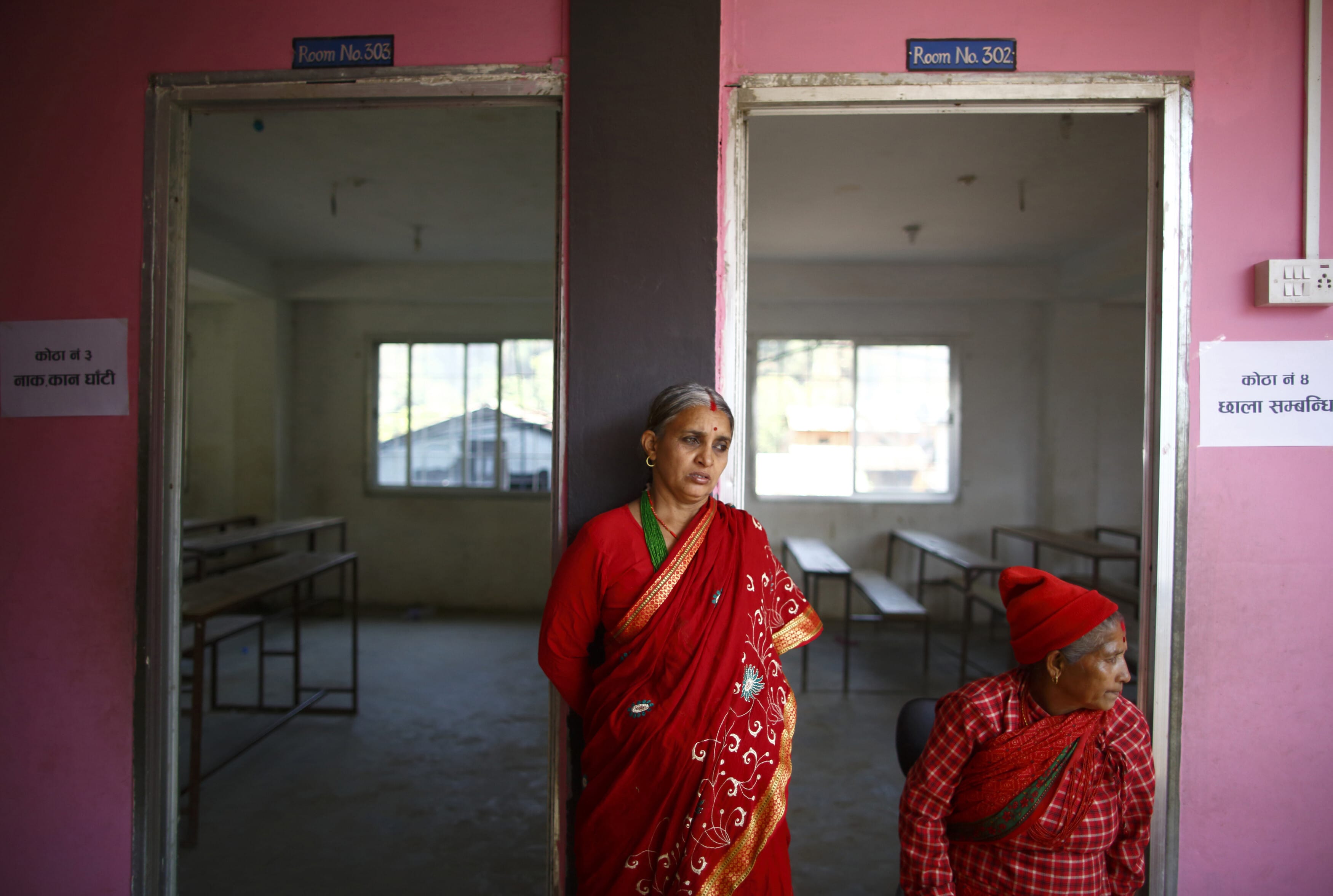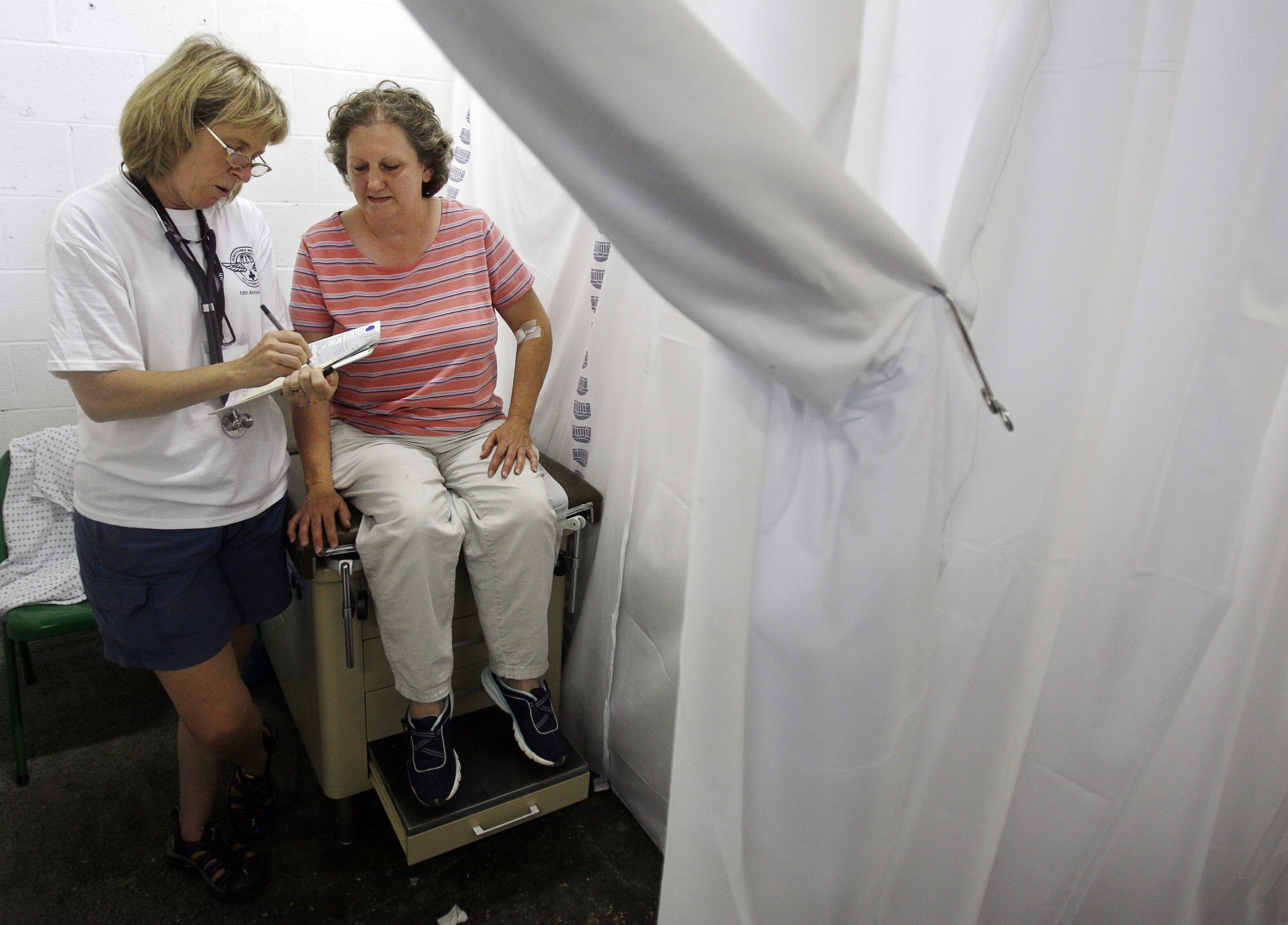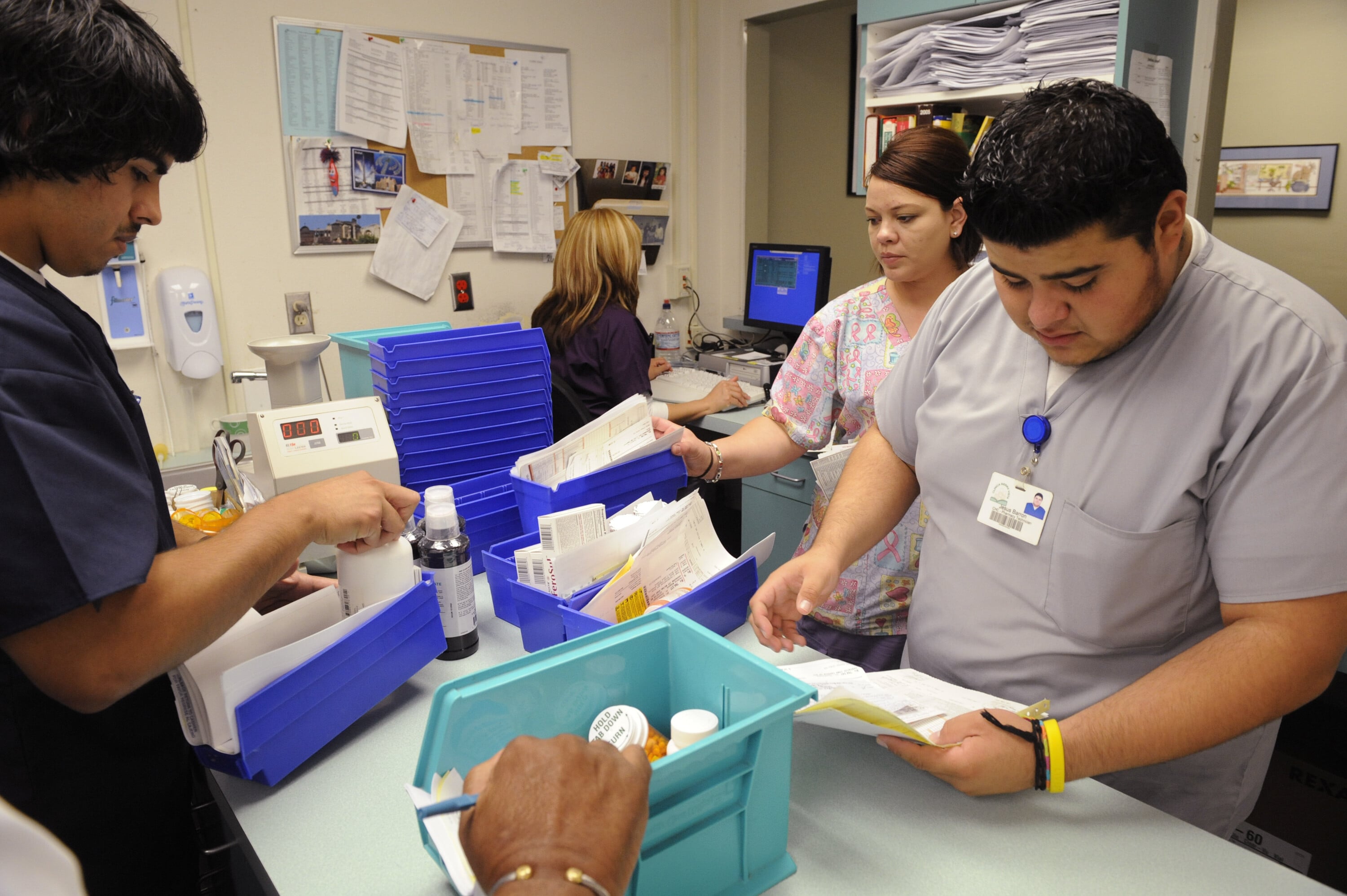5 questions you might have on COVID vaccines, answered by the WHO

Israel is leading the way with vaccination rates, followed by the United Arab Emirates.
Image: REUTERS/Raneen Sawafta
Stay up to date:
Vaccination
- Major scientific breakthroughs coupled with unprecedented cooperation and investment means we now have several vaccines approved for use.
- To date, Israel is leading the way by number of vaccines per capita.
- The World Health Organization has produced a video to answer some of the most common questions about the coronavirus vaccines.
A year ago, even the most optimistic among us would have found it hard to believe we would have a vaccine against the pandemic that was starting to grip the world. Now we have several. And millions of people have received at least one dose.
It is a major scientific achievement, coupled with unprecedented international cooperation and investment, that has got us to this point. Previous vaccines have taken around 10 years to develop.
How has the Forum navigated the global response to COVID-19?
As more and more of us are invited to get our vaccine, it is natural that people might have some questions. From whether we need both doses, to the jabs’ effectiveness against new and emerging variants, in this World Health Organization video, Professor Katherine O’Brien answers five of the most common questions.
Accept our marketing cookies to access this content.
These cookies are currently disabled in your browser.
Accept our marketing cookies to access this content.
These cookies are currently disabled in your browser.
Don't miss any update on this topic
Create a free account and access your personalized content collection with our latest publications and analyses.
License and Republishing
World Economic Forum articles may be republished in accordance with the Creative Commons Attribution-NonCommercial-NoDerivatives 4.0 International Public License, and in accordance with our Terms of Use.
The views expressed in this article are those of the author alone and not the World Economic Forum.
Forum Stories newsletter
Bringing you weekly curated insights and analysis on the global issues that matter.
More on Health and Healthcare SystemsSee all
Andrea Willige
September 22, 2025
David Elliott
September 22, 2025
Amira Ghouaibi
September 22, 2025
David Elliott
September 19, 2025
Nina Rawal and Dorothy Chou
September 18, 2025
Eric White and Elia Tziambazis
September 18, 2025







